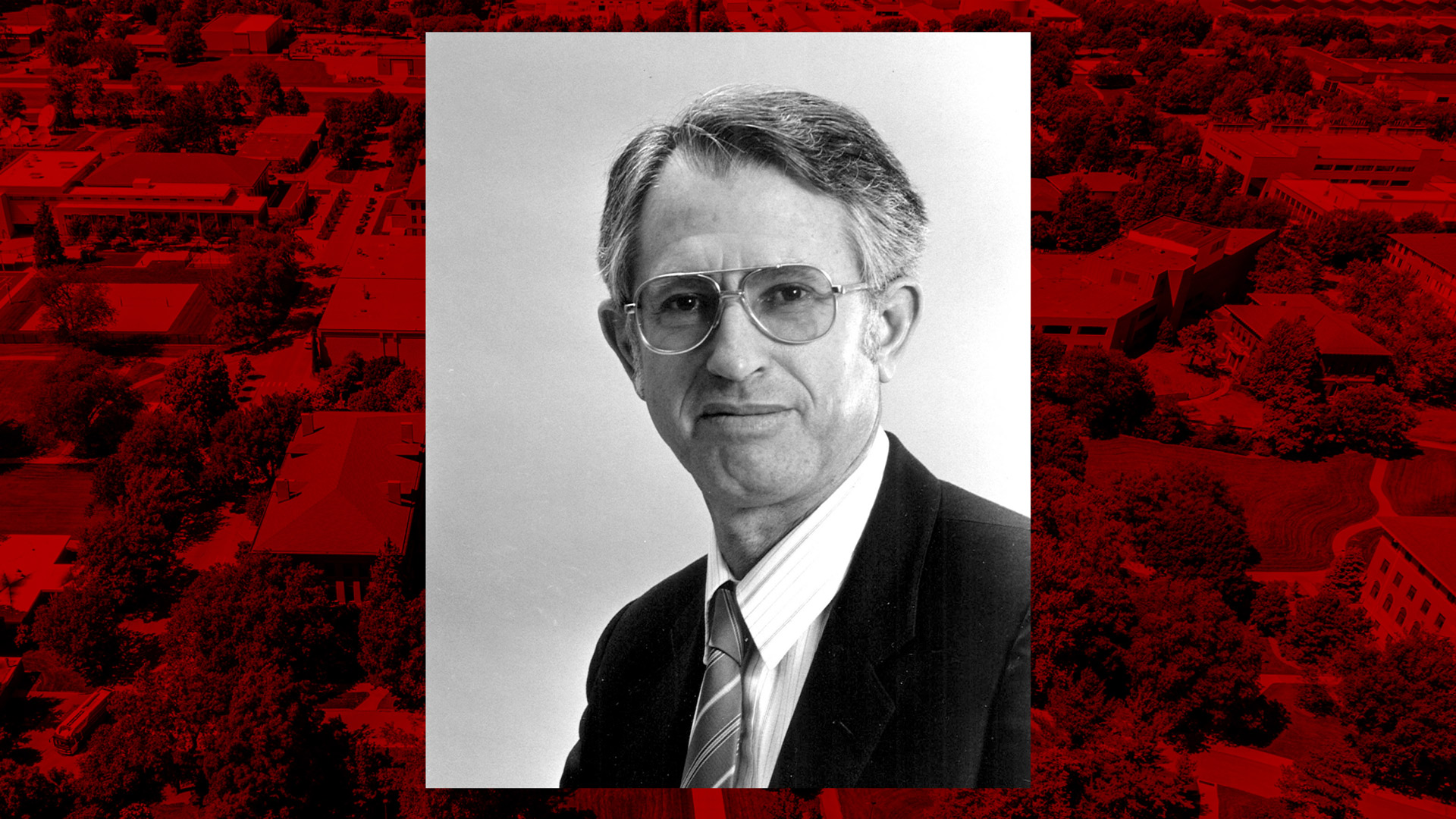by Lana Koepke Johnson | Agronomy and Horticulture
Professor Emeritus David John Andrews, age 91, died Feb. 15, 2024. Andrews served as a faculty member in the Department of Agronomy and Horticulture at the University of Nebraska–Lincoln for 15 years.
Andrews was born June 28, 1933, in Croydon, England. He received a bachelor’s degree with honors in botany and minors in physics and organic chemistry from the University College of North Wales, Bangor, United Kingdom, in 1955. He earned a diploma in agricultural science at Selwyn College, Cambridge University, in 1956.
After joining the British overseas agricultural research service in 1957, he earned a diploma in tropical agriculture at the Imperial College of Tropical Agriculture, Trinidad, West Indies.
Andrews was principal research fellow and coordinator for cereals breeding research at the Institute for Agricultural Research, Ahmadu Bello University, Samaru, Zaria in Northern Nigeria, where he worked for 15 years. At first, he worked on casava, sesame, tobacco, soybeans and sugarcane but soon switched to sorghum and eventually became responsible for directing research on sorghum, pearl millet, early maize and wheat for northern states of Nigeria.
Through his pioneering work on cereal based intercropping – a practice used extensively by Nigerian farmers – Andrews showed that the benefits of intercropping were fully obtainable at higher productivity levels when species were planted in different operations, while also realizing the full potential of higher yielding varieties. His discovery in 1963 of a single recessive gene (ms7) controlling male sterility in sorghum led to his longstanding involvement and continuing commitment to breeding with four sorghum populations made in Nigeria using ms7 and later in pearl millet at the International Crops Research Institute for the Semi-Arid Tropics. He released 13 improved food-quality long-season sorghum varieties and parental lines adapted to various zones in Northern Nigeria. He also released four wheat varieties together with recommendations for their cultivation.
In 1973 he returned to the Plant Breeding Institute in Cambridge, U.K., but shortly became pearl millet breeder and subsequently program leader for the pearl millet improvement program at the newly formed ICRISAT at Hyderabad, India, where he worked for over 10 years. Here he provided research coordination and management of a team of scientists in India and six African countries. He was instrumental in the breeding of pearl millet cultivars that grow on over 3 million hectares in India.
In 1984, Andrews joined the Department of Agronomy at Nebraska to work on sorghum and millet breeding for grain with an emphasis on adaptation and stress tolerance. His program was linked internally through International Sorghum and Millet Collaborative Research Support Program to breeding programs in Africa and India. He was also involved in training and advising graduate students on research projects and taught Agronomy 913 Advanced Plant Breeding.
Andrews, together with John Rajewski, research technologist in the agronomy and horticulture department, also developed the ornamental Purple Majesty, or Pennisetum glaucum, an unusually attractive hybrid of pearl millet. Purple Majesty was featured as an All-American Selection and Gold Medal winner for 2003. According to AAS, the Gold Medal award is rarely awarded and is reserved for plant breeding breakthroughs.
He received many recognitions for his work including the American Society of Agronomy Fellow, Crop Science Society of America Fellow, ASA International Service in Agronomy Award, CSSA International Service in Crop Science Award, ICRISAT Doreen Mashler Distinguished Scientific Achievement Award and the King Baudouin Award from the Belgian government. He was also an active member of the U.K. Tropical Agricultural Association, Nebraska Chapter of Sigma Xi, Gamma Sigma Delta and the Millet Researchers Association in India.
Andrews retired from the university on Dec. 31, 1998.
